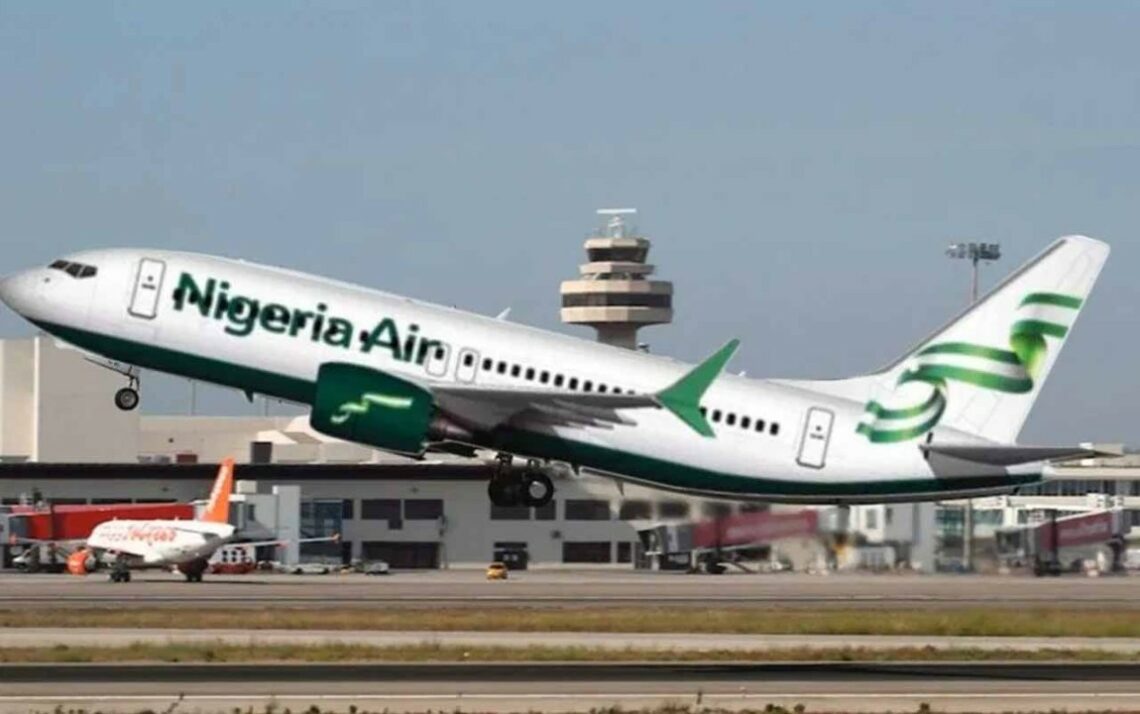Aircraft owners in Nigeria have urged the federal government to create cheaper funding options for domestic airlines to remain competitive in the global aviation market.
Speaking at the maiden Transport Summit organised by JustAlive Communications Limited in Lagos, Alex Nwuba, president of the Aircraft Owners and Pilots Association of Nigeria (AOPAN), said access to affordable capital remains the biggest challenge facing local carriers.
“Aviation is highly profitable, but we must remove the cost structures that are inherent,” Nwuba said. “I have always proposed the concept of a national leasing company — we need cheap airplanes.”
He proposed that the government acquire about 500 aircraft and lease them to local airlines at 4 percent interest, arguing that such an initiative would cut costs and enhance competitiveness.
Nwuba lamented that Nigerian airlines currently borrow at interest rates of 28 to 34 per cent, eroding profits and stifling growth. He said fuel costs account for about 47 per cent of total airline expenditure, further straining operations.
Also speaking, Addo Sanusi, chief executive officer of Aero Contractors, attributed rising airfares to policy inconsistencies and inadequate capital inflows.
Represented by Femi Oluwafemi, head of sales at Aero Contractors, Sanusi said: “Many airlines in Nigeria need cash inflows to expand operations and improve service quality.”
On airport infrastructure, he called for urgent upgrades, particularly at domestic terminals.
“We have talked about improvement at international airports, but for local airports, we can do a lot better,” he said. “We have a lot of gaps that we need to block as a country, and we must do that together.”
Remi Jibodu, chief operating officer of Bi-Courtney Aviation Services Limited (BASL), operators of the Murtala Muhammed Airport Terminal Two (MMA2), said the terminal had been futuristic in its design and technology.
He cited innovations in security infrastructure, stressing that “airports must have strong and evolving security frameworks to sustain global standards.”





